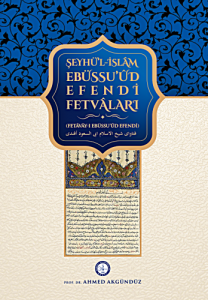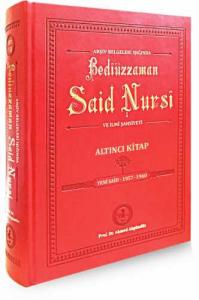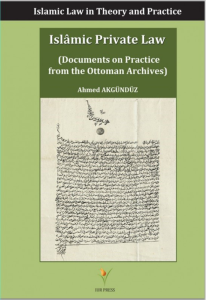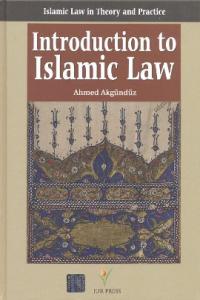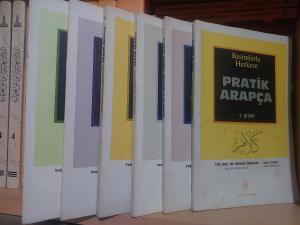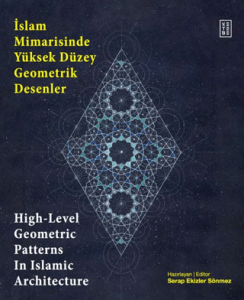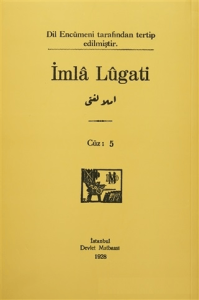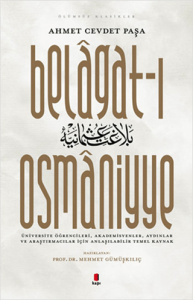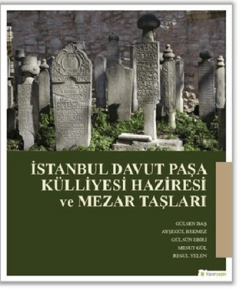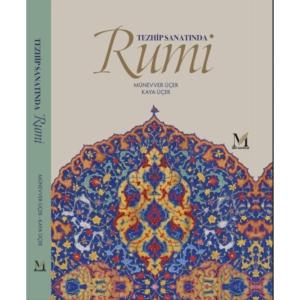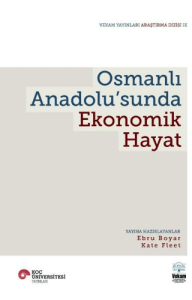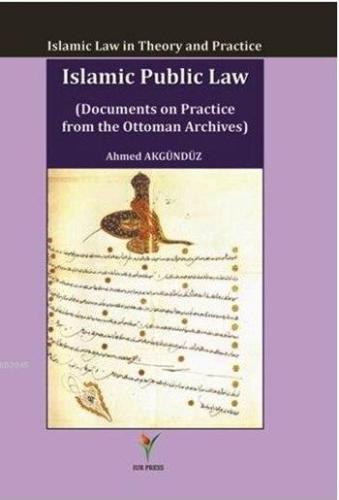
Islamic Law - Documents on Practice from the Ottoman Archives
"Islamic law contains explications and divisions that imply a classification in terms of public and private law. In this book we will explain the outlines of Islamic public law, e.g. First Chapter; Islamic constitutional law (al-siy'sah al-shar'iyyah) and administrative law (al-siy'sah al-shar'iyyah); Second Chapter; penal law (al-'uqûbât); Third Chapter; financial law (zakât, 'ushr, harâj and other taxes); Fourth Chapter; trial law (qadâ), and Fifth Chapter: international public law (al-siyar).
The fields of especially Islamic constitutional law, administrative law, financial law, ta'zir penalties, and arrangements concerning military law based on the restricted legislative authority vested by Sharî'ah rules and those jurisprudential decrees based on secondary sources like customs and traditions and the public good (maslahah) all fell under what was variously called public law, al-siy'sah al-shar'iyyah (Sharî'ah policy), qânûn (legal code), qânûnnâmah, 'orfî huqûq etc. Since these laws could not go beyond Sharî'ah principles either, at least in theory, they should not be regarded as a legal system outside of Islamic law.
But Islamic penal law, financial law, trial law, and international law depend mostly on rules that are based directly on the Qur'an and the Sunnah and codified in books of fiqh (Islamic law) called Sharî'ah rules, Sharî-i sharîf, or Sharî'ah law. Such rules formed 85% of the legal system.
In this book, we will focus on some controversial problems in the Muslim world today, such as the form of government in Islamic law and the relation between Islam and democracy. Islamic law does not stipulate a certain method of state government; nonetheless, we may say that the principles it decrees and its concept of sovereignty suggest a religious republic. As a matter of fact, Hulaf al-Râshidûn (the Rightly Guided Caliphs), were both caliphs and religious republican presidents.
Islamic Law - Documents on Practice from the Ottoman Archives
"Islamic law contains explications and divisions that imply a classification in terms of public and private law. In this book we will explain the outlines of Islamic public law, e.g. First Chapter; Islamic constitutional law (al-siy'sah al-shar'iyyah) and administrative law (al-siy'sah al-shar'iyyah); Second Chapter; penal law (al-'uqûbât); Third Chapter; financial law (zakât, 'ushr, harâj and other taxes); Fourth Chapter; trial law (qadâ), and Fifth Chapter: international public law (al-siyar).
The fields of especially Islamic constitutional law, administrative law, financial law, ta'zir penalties, and arrangements concerning military law based on the restricted legislative authority vested by Sharî'ah rules and those jurisprudential decrees based on secondary sources like customs and traditions and the public good (maslahah) all fell under what was variously called public law, al-siy'sah al-shar'iyyah (Sharî'ah policy), qânûn (legal code), qânûnnâmah, 'orfî huqûq etc. Since these laws could not go beyond Sharî'ah principles either, at least in theory, they should not be regarded as a legal system outside of Islamic law.
But Islamic penal law, financial law, trial law, and international law depend mostly on rules that are based directly on the Qur'an and the Sunnah and codified in books of fiqh (Islamic law) called Sharî'ah rules, Sharî-i sharîf, or Sharî'ah law. Such rules formed 85% of the legal system.
In this book, we will focus on some controversial problems in the Muslim world today, such as the form of government in Islamic law and the relation between Islam and democracy. Islamic law does not stipulate a certain method of state government; nonetheless, we may say that the principles it decrees and its concept of sovereignty suggest a religious republic. As a matter of fact, Hulaf al-Râshidûn (the Rightly Guided Caliphs), were both caliphs and religious republican presidents.

